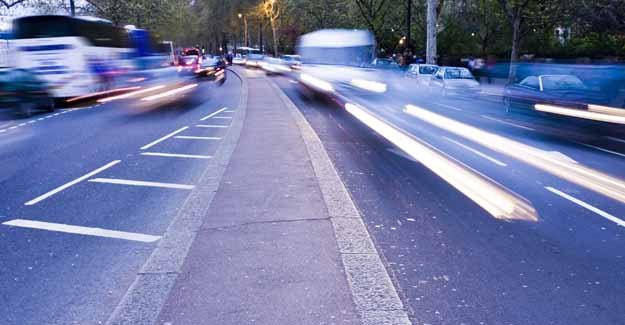Politicians planning for prosperity must work with, not against, motorists, according to Edmund King, speaking at the Liberal Democrat Autumn conference today (18).
The car remains the vehicle of choice for commuters, business travellers and shoppers, because of its unique combination of convenience and flexibility. With 93% of passenger journeys and 67% of freight movements taking place on the roads, Britain’s prosperity depends on realistic planning, not pious hopes of a switch to public transport enforced by punitive pricing.
According to RAC Foundation research*, Britain remains as car-dependent today as we were in the 1990s. The study concludes that only those already using public transport were prepared to use it more – those who had never tried travelling by bus have not been persuaded to give it a go.
– In the period 1993 – 2005, the percentage of the population with a valid driving licence rose from 67% to 72%, and demographic trends predict continued increases, particularly in the number of women drivers.
– Only one-fifth of the population frequently use buses. Fifty per cent of the population have never used a bus.
– Only seven per cent of the population regularly cycles.
– The average UK commuting journey is 8.5 miles, and the average business trip covers 20.6 miles **.
Speaking at the Liberal Democrats’ Autumn Conference, Edmund King will say:-
“The UK is still a car-dependent nation. Cars could be used less; and we could be smarter about tele-working, home shopping and teleconferencing; but the car will continue to be the workhorse of the economy. Cycling and walking have a part to play in tackling congestion but they are only ever going to be a realistic prospect for a small percentage of business journeys.
“With or without road pricing, it is clear that the UK can only avoid gridlock by investing in additional road capacity. We need to spend more on mitigating the environmental effects of roads by using tunnels and we need to speed up the introduction of cleaner, greener, safer cars. We don’t need to keep our heads in the sand and just hope that cars will disappear.”
* Leibling, D. (2007) Trends in Modal Shift: An analysis of the British Social Attitudes Survey.
** Focus on Personal Travel, DfT, 2005


